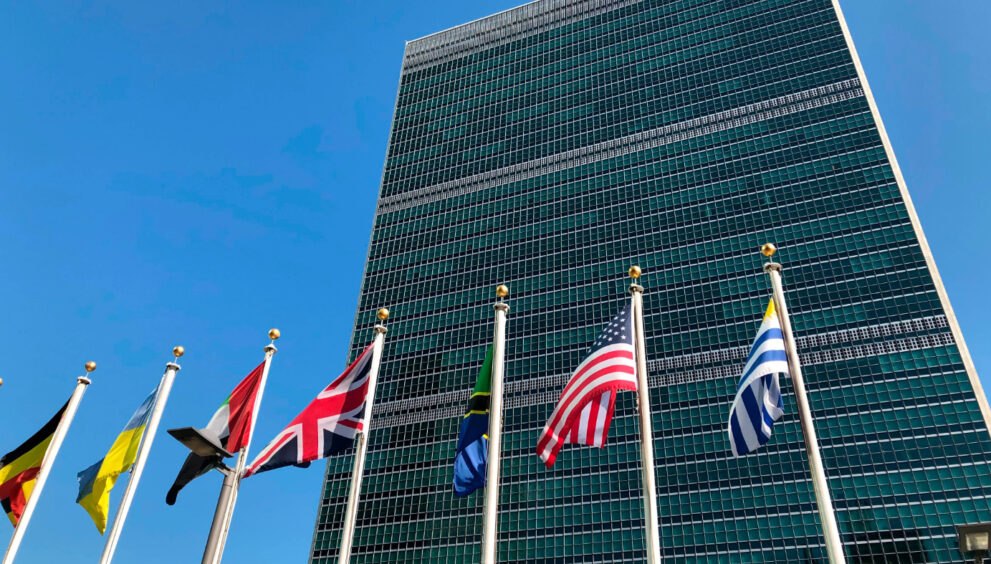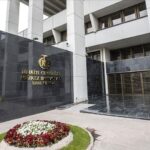Transparency and Accountability in Question at the UN

The attention has been on the Trump administration’s reshaping of USAID spending, pointing out inadequacies in oversight and unclear financial areas and programs whose effectiveness and importance remain uncertain. Claims of significant savings are met with arguments suggesting the cuts are not real.
While the USAID issue is debated in Washington, a much more significant clash is on the horizon that will challenge America’s global leadership, commitment to financial responsibility, and the future of humanitarian aid.
The central question in this brewing conflict revolves around the United Nations. This will be a worldwide, political, high-stakes disagreement, with some advocating to maintain the UN’s funding while others urge for improved transparency and fiscal responsibility. The result will not only transform U.S. foreign aid but also America’s influence on the global platform.
One specific UN program that will undergo intense scrutiny is the Regional Refugee and Migrant Response Plan, a substantial $1.4 billion initiative involving multiple U.N. affiliates and non-governmental organizations to aid displaced communities in 17 Latin American and Caribbean countries. The funding for this program has grown over the past decade in response to U.S. immigration policies.
Against the backdrop of the largest diaspora in the Western Hemisphere, mainly consisting of over 7.7 million Venezuelans fleeing hardship, the UN is criticized for not effectively handling global crises like famine and displacement. Furthermore, the rigidity of its climate change policies and challenges in mediating conflicts contribute to skepticism about its effectiveness.
As concerns about the UN’s humanitarian efficiency grow, programs like the Regional Refugee and Migrant Response Plan offer vital assistance to migrants and refugees, but mismanagement is highlighted, including a funding structure that lacks transparency and accountability. Unlike focusing on real outcomes, the UN often prioritizes output metrics, risking a lack of meaningful impact.
The ongoing debate presents an opportunity for policymakers to demand transparency and reform to ensure taxpayer dollars contribute effectively. Key questions need to be addressed about the efficiency and objective of the Regional Refugee and Migrant Response Plan. The plan must remain a humanitarian initiative that is neutrally helpful, steering clear of being an advocacy platform that potentially exploits donors.
Pressure mounts to push the UN towards reform and ensure aid goes where it’s needed most. While international bureaucracies persist, it is the responsibility of Congress and lawmakers to scrutinize every dollar spent abroad, ensuring that accountability is held to the highest standard.


























































































































































































































































































































































































































































































































































































































































































































































































































































































































































































































































































































































































































































































































































































































































































































































































































































































































































































































































































































































































































































































































































































































































































































































































































































































































































































































































































































































